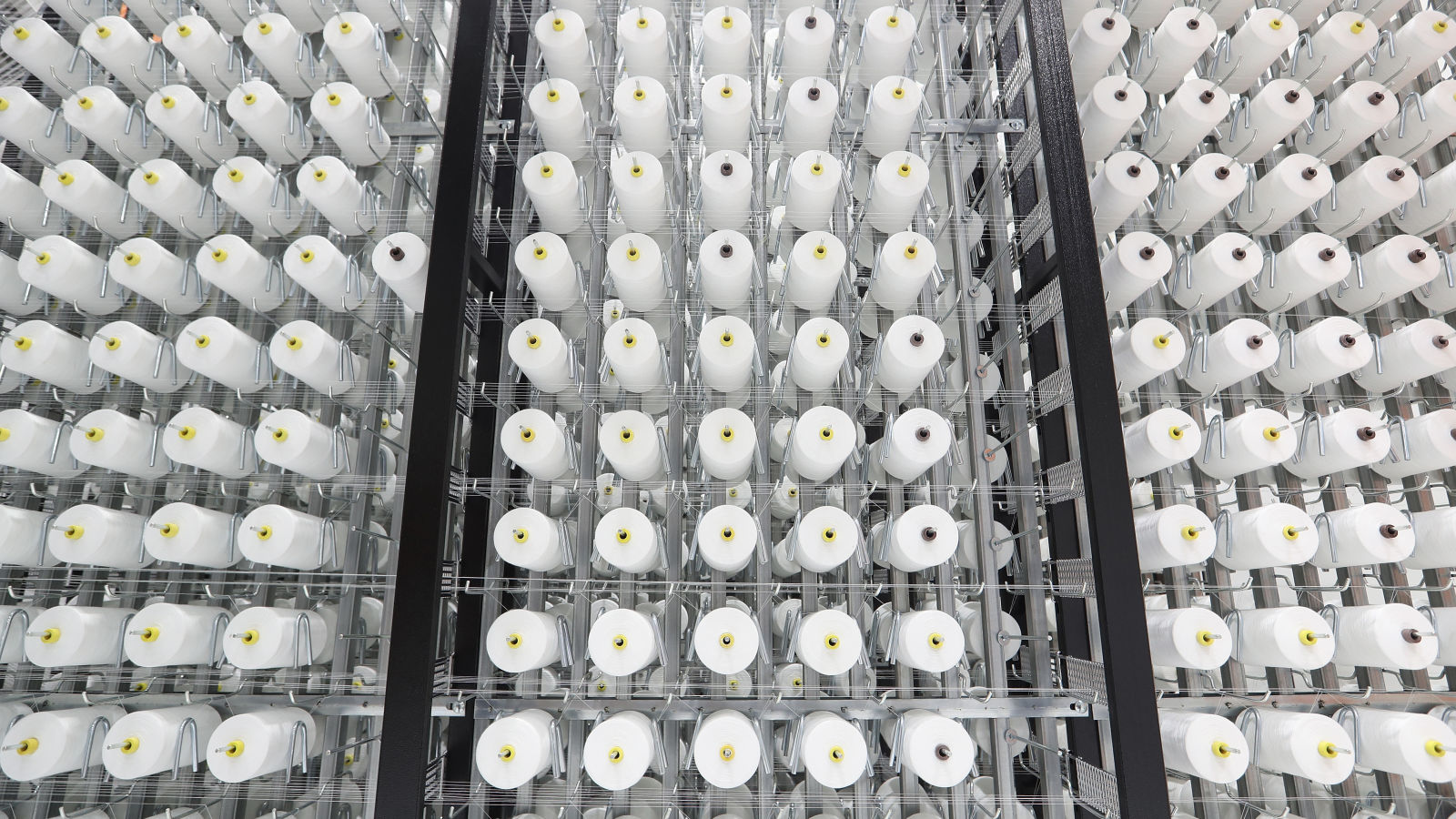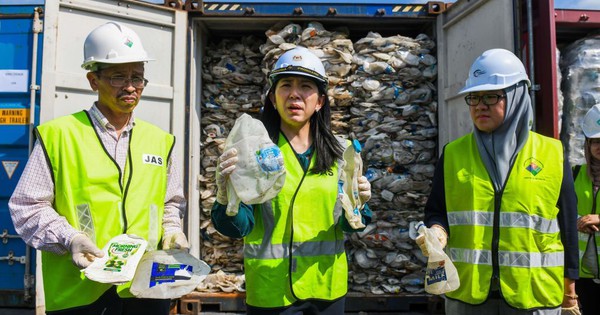
India is set to impose a nationwide ban on plastic bags, cups and straws on Oct. 2, officials said, in its most sweeping measure yet to stamp out single-use plastics from cities and villages that rank among the world’s most polluted.

the ocean sediment tells a clear story of the world’s growing reliance on plastic. Between 1945 and 2009, the rate of plastic deposition doubled every 15 years on average.

The ban is part of a nationwide effort to curb plastic pollution, which has overwhelmed the tiny country in recent years. Vanuatu's is believed to be the first such ban on disposable diapers anywhere in the world.

Last month Philippines ordered Canada to take back 69 shipping containers filled with Canadian trash. And now Malaysia has announced that it will be shipping out 450 metric tonnes of plastic trash to its countries of origins.

On the Cocos (Keeling) Islands, researchers have determined over 414-million pieces of plastic have washed up on shore. In the Mediterranean, off the coast of Corsica Island, the island of floating plastic and garbage is several dozen km long.

Come March of next year, all New Yorkers will be required to bring their own reusable containers to the grocery store after a bill banning single-use plastic bags was signed into law on Monday.

Wherever that plastic is ending up, we know that it's breaking down over time, disintegrating into micro particles less than 5mm in size, and some even breakdown to the nanoscale at less than one micrometer (size of bacteria).

Global plastic pollution and the damage it causes to marine ecosystems now has a price tag attached to it. UK and Norway researchers now came up with a staggering figure – $2.5 billion – as the annual cost to society.

Commencing on 1 March 2020, cities will have the choice to opt in to a five cents fee for a paper bag, two cents of which will go into local schemes that buy reusable bags for low-income consumers.

The ban would be implemented from 2021 and would affect a range of plastic products that have reasonable alternatives, such as plastic cutlery, foam takeout food containers, straws and drink stirrers.

It has been just over a year since China banned imports of foreign plastic waste, and now India has followed in its footsteps. Effective March 1, all imports of foreign solid plastic waste and scrap have been banned.

“Nurdles” may sound cute but they pose a huge risk to the marine environment. Also known as “mermaid tears”, these small plastic pellets are a feedstock in the plastic industry.
Taiwan aims to be completely free of plastic bags and all single-use plastic items, such as utensils and beverage cups, by 2030. Starting this year, chain restaurants will be restricted from giving straws to customers for in-store use.

TWasteShark, an electric vehicle that traverses waterways, can autonomously gather up to 132 pounds of plastic waste at a time. If it’s deployed five days a week, it can remove 15.6 tons of plastic waste from a body of water per year.

The blaze endangers the health of local citizens, contaminates the environment, and highlights the country’s growing waste management crisis. South Korea has the highest per capita plastic consumption rate in the world.